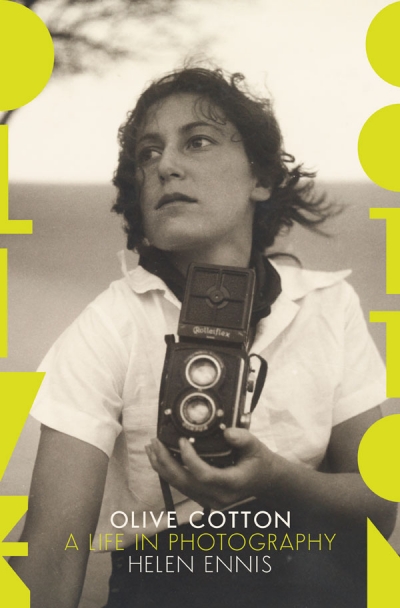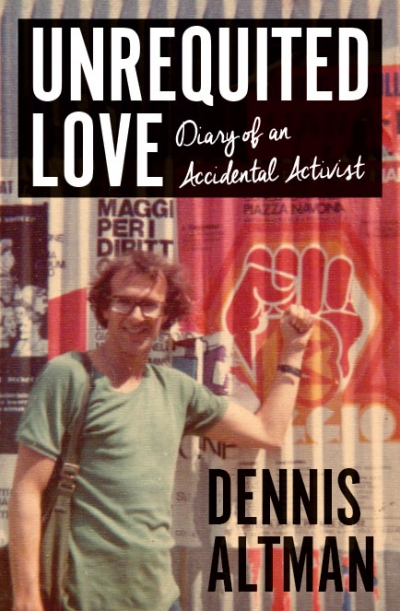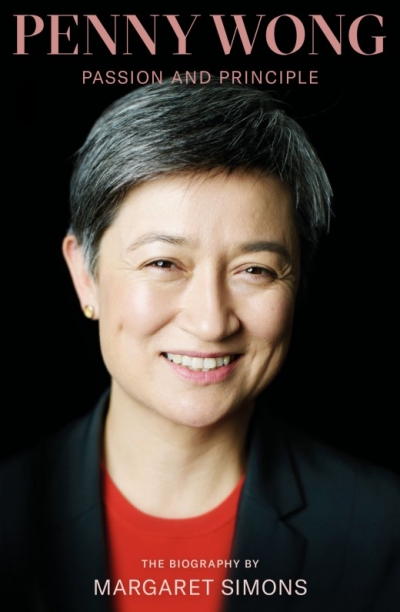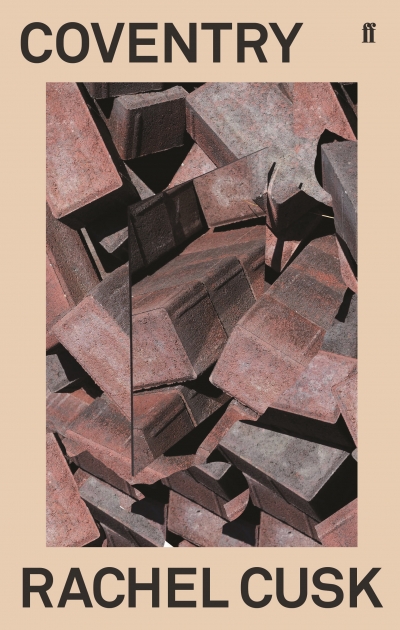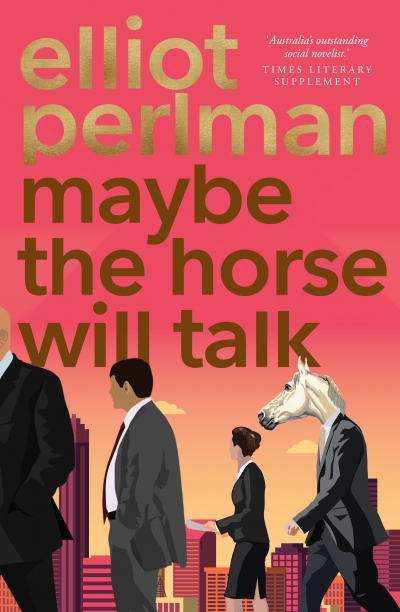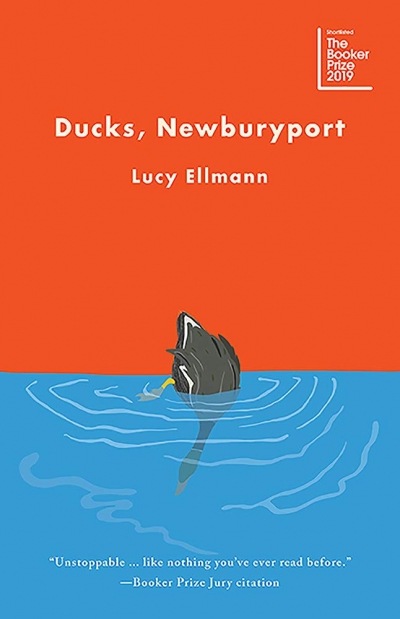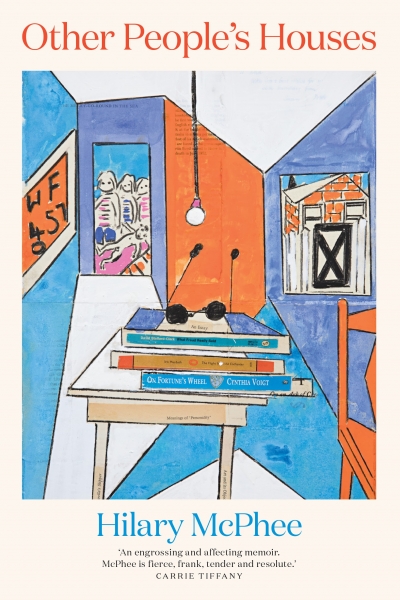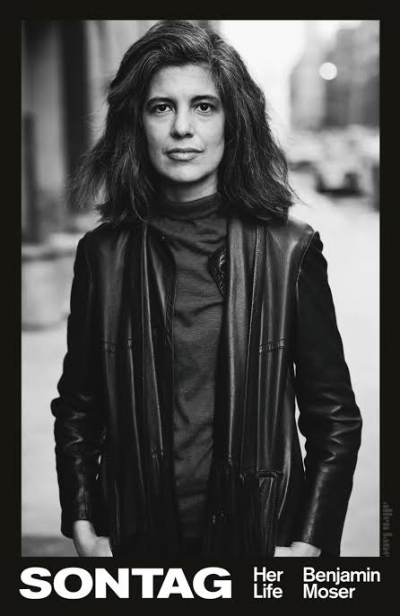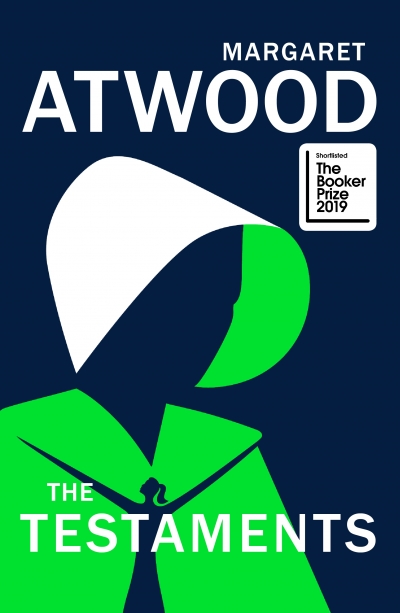Book of the Week
Sign up to Book of the Week and receive a new review to your inbox every Monday. Always free to read.
Recent:
Olive Cotton: A life in photography by Helen Ennis
A lover of photography since childhood, by the time Olive Cotton, who was born in Sydney in 1911, was in her twenties she was already creating the pictures that were to define her as one of Australia’s foremost women photographers, although this would not be acknowledged until the 1980s. Apart from the photographs she made, Cotton left little material trace of a life that spanned nine decades (she died in 2003). This lack of physical evidence presented a challenge for biographer Helen Ennis, a former curator of photography at the National Gallery of Australia and an art historian, who has nonetheless managed to weave a compelling, if at times diaphanous, narrative.
... (read more)Unrequited Love: Diary of an accidental activist by Dennis Altman
The fortieth anniversary of the Sydney Gay and Lesbian Mardi Gras might have been an occasion for unbridled elation. Held in March of 2018, the celebration came soon after the bitterly fought battle to legalise same-sex marriage in Australia. Dennis Altman, a pre-eminent figure in Gay Liberation, paints a different picture of the Mardi Gras. His new book, Unrequited Love: Diary of an accidental activist, conveys a sense of unease despite the frolicsome charms of such festivities.
... (read more)Every biographer has a relationship with their subject, even if they have passed away. A real advantage for biographers of the dead is that the subject cannot say what they think about the book. The relationship between Margaret Simons and Penny Wong was fraught. That this mattered is evident from the opening sentence: ‘Penny Wong did not want this book to be written.’ Simons, a journalist, biographer, and associate professor at Monash University, uses her preface to complain about how difficult it was researching the book without Wong’s assistance and against her will.
... (read more)Two years before Rachel Cusk published the first novel in her acclaimed Outline Trilogy (2014–18), she wrote a searing account of her divorce, entitled ‘Aftermath: On Marriage and Separation’, which ignited a brouhaha in her homeland, the United Kingdom. The dramatic excoriation of marital life aroused apoplexy among critics and readers; they bristled at Cusk’s subjective and one-sided storytelling, as if any other account of divorce were possible. It wasn’t the first time Cusk’s work had raised eyebrows: her memoir, A Life’s Work: On becoming a mother (2001), offended many a book-club member with its frank and unflattering descriptions of motherhood.
... (read more)Elliot Perlman’s fourth novel is tentatively billed as a corporate satire and has a striking opening line: ‘I am absolutely terrified of losing a job I absolutely hate.’ The man in this all-too-familiar predicament is Stephen Maserov, a former English teacher turned lawyer. Maserov is a lowly second year in the Terry Gilliam-esque law firm Freely Savage Carter Blanche, which, apart from sounding like a character in a Tennessee Williams play, is home to loathsome dinosaurs in pinstripe suits and an HR department referred to as ‘The Stasi’.
... (read more)Edward Snowden was a model employee of the National Security Agency. After realising that the vast electronic surveillance organisation often failed to backup its advanced computerised systems properly, Snowden offered a solution. His bosses readily agreed to let him build and run a comprehensive backup system. He subsequently copied huge amounts of highly sensitive information, which he took with him when he left the NSA in 2013, aged twenty-nine, to become the most important whistleblower in intelligence agency history.
... (read more)Lucy Ellmann’s ambitious seventh novel stages the workings of a mind as it digests – or fails to digest – life-altering experiences. Ducks, Newburyport is, for the most part, the ruminating inner monologue of a bewildered and frightened woman. It spans a thousand mostly artful pages and is an undeniably impressive accomplishment. However, for readers who relished Ellmann’s brilliant comic novels, Ducks may lack the energising charge – absurd, erotic, and darkly funny – that is so satisfyingly prominent in her earlier work.
Its chief narrator is a well-educated American mother of four afflicted by sharp anxiety. Her concerns include: the existence of President Trump; repeated mass shootings; the threat of nuclear war or climate catastrophe; male violence; and precarious health care. Her inner life is expansive but oriented around a handful of personal wounds, many of which are recast in the parallel story of a hunted lioness in search of her babes. Leaving aside a memorable sexual encounter, the latter resembles a children’s fable, a similarity that is knowingly signalled when the narrator recalls ‘some Disney movie about an escaped lion that wonders around some town’.
... (read more)In the spring of 2003, a person from Hilary McPhee’s past got in touch with her. McPhee did not remember the woman’s name but recognised her immediately when they met for coffee. At high school they had played hockey together for a team called the Colac Battlers. The woman had been working for years as a personal assistant at a palace in Jordan ...
... (read more)Sam Leith, literary editor of Spectator magazine, recently put author Benjamin Moser on the spot. ‘Do you think her work will last?’ he asked, referring to the writings of Susan Sontag, whose biography Moser had not long finished. ‘And if so, which of it?’ Moser dissembled bravely. ‘Well, I hope so ...
... (read more)There was never any question that The Testaments, Margaret Atwood’s coda to The Handmaid’s Tale (1985), would be a gargantuan blockbuster, a publishing Godzilla. Giddily hyped and fiercely embargoed, bookshops across the world counted down the minutes until midnight on September 10 (GMT), when the envy-green volume ...
... (read more)


